Scientists are working on a technology to trap greenhouse gases directly from the air that could cut down emissions from transportation sectors.
TORONTO: Scientists are working on a technology to trap greenhouse gases directly from the air that could cut down emissions from transportation sectors.
A study conducted by David Keith, professor of chemical and petroleum engineering and his team from Calgary University demonstrated how it is possible to trap traces of carbon dioxide (CO2) present in the air, with the help of a relatively simple machine.
The research is significant because air capture technology is the only way to trap CO2 emissions from transportation sources like vehicles and airplanes. These so-called diffuse sources represent more than half of the greenhouse gases emitted on Earth.
"At first thought, capturing CO2 from the air where it's at a concentration in hundredths of one percent seems absurd, when we are just starting to do cost-effective capture at power plants where CO2 produced is at a concentration of more than 10 per cent," said Keith.
"But the thermodynamics suggests that air capture might only be a bit harder than capturing CO2 from power plants. We are trying to turn that theory into engineering reality."
"The climate problem is too big to solve easily with the tools we have," noted Keith, also director of the Institute for Sustainable Energy, Environment and Economy (ISEEE), according to a Calgary University press release.
"While it's important to get started doing things we know how to do, like wind power, nuclear power and 'regular' carbon capture and storage, it's also vital to start thinking about radical new ideas and approaches to solving this problem."
Energy-efficient and cost-effective air capture could play a valuable role in complementing other approaches for reducing emissions from the transportation sector, such as biofuels or electric vehicles, said David Layzell, executive director, ISEEE.
Significantly, Richard Branson, head of Virgin Group, has offered a $25-million prize for anyone who can devise a system to remove the equivalent of one billion tonnes of carbon dioxide or more every year from the atmosphere for at least a decade.
Keith and his team's research this summer, which included an outdoor test of their capture tower in McMahon Stadium in Calgary as a dramatic setting, is featured in an episode of Discovery Channel's new "Project Earth" series on television.
The series has the largest budget of any in Discovery Channel's history, and it may attract a global viewership of more than 100 million. The episode on Keith's research has already aired in the US and is available on Discovery Channel's website (http://dsc.discovery.com/tv/project-earth/project-earth.html ); click on "Episodes."
![submenu-img]() Big trouble for Byju's as it looks at severe financial crisis due to...
Big trouble for Byju's as it looks at severe financial crisis due to...![submenu-img]() SOP released by Rajasthan police to safeguard threatened live-in couples, married couple
SOP released by Rajasthan police to safeguard threatened live-in couples, married couple![submenu-img]() UP: 5 dead, several injured after 3-storey building collapses in Lucknow
UP: 5 dead, several injured after 3-storey building collapses in Lucknow![submenu-img]() Asian Hockey Champions Trophy 2024: Full schedule, fixtures, live streaming and more details
Asian Hockey Champions Trophy 2024: Full schedule, fixtures, live streaming and more details![submenu-img]() Meet self made woman of India who survived cancer, owns 10 private jets, her business is
Meet self made woman of India who survived cancer, owns 10 private jets, her business is![submenu-img]() Kolkata Rape Murder Case में फांसी की उठ रही मांग, ऐसे में सिलीगुड़ी कोर्ट का बड़ा फैसला, रेप के आरोपी को दी ये सजा
Kolkata Rape Murder Case में फांसी की उठ रही मांग, ऐसे में सिलीगुड़ी कोर्ट का बड़ा फैसला, रेप के आरोपी को दी ये सजा![submenu-img]() Haryana Assembly Elections 2024: कांग्रेस के साथ पर AAP में रार? विधायक बोले- बेमेल गठबंधन, राहुल-प्रियंका पर उठाए सवाल
Haryana Assembly Elections 2024: कांग्रेस के साथ पर AAP में रार? विधायक बोले- बेमेल गठबंधन, राहुल-प्रियंका पर उठाए सवाल![submenu-img]() Hyderabad Airport पर गिरफ्तार हुआ ये एक्टर, CISF ने नशे की हालत में ये काम करते हुए दबोचा
Hyderabad Airport पर गिरफ्तार हुआ ये एक्टर, CISF ने नशे की हालत में ये काम करते हुए दबोचा![submenu-img]() Bangladesh में भारत विरोधी गुट अब राष्ट्रगान के खिलाफ, 'भारतीय' बताकर उठाई बदलने की मांग; सरकार ने दिया ये जवाब
Bangladesh में भारत विरोधी गुट अब राष्ट्रगान के खिलाफ, 'भारतीय' बताकर उठाई बदलने की मांग; सरकार ने दिया ये जवाब![submenu-img]() 'NRC नहीं तो आधार कार्ड नहीं', असम में 'ऑपरेशन घुसपैठिया' के बीच Himanta Biswa Sarma ने तय किया नियम, जानें क्या है पूरी बात
'NRC नहीं तो आधार कार्ड नहीं', असम में 'ऑपरेशन घुसपैठिया' के बीच Himanta Biswa Sarma ने तय किया नियम, जानें क्या है पूरी बात![submenu-img]() Skoda-Auto Volkswagen India to invest Rs 15000 crore to set up EV plant in…
Skoda-Auto Volkswagen India to invest Rs 15000 crore to set up EV plant in…![submenu-img]() Hyundai Venue E+ with electric sunroof launched in India; price starts at Rs…
Hyundai Venue E+ with electric sunroof launched in India; price starts at Rs…![submenu-img]() DNA Auto Awards 2024: Maruti Suzuki Swift nominated for ‘CAR OF THE YEAR’; check price, features
DNA Auto Awards 2024: Maruti Suzuki Swift nominated for ‘CAR OF THE YEAR’; check price, features![submenu-img]() DNA Auto Awards 2024: Hyundai Alcazar Facelift nominated for ‘CAR OF THE YEAR’; check details
DNA Auto Awards 2024: Hyundai Alcazar Facelift nominated for ‘CAR OF THE YEAR’; check details![submenu-img]() Hyundai Creta Knight Edition launched in India: Check price, features, design
Hyundai Creta Knight Edition launched in India: Check price, features, design![submenu-img]() Meet IIT topper who left corporate job to become IAS officer, failed four times in UPSC exam, he is...
Meet IIT topper who left corporate job to become IAS officer, failed four times in UPSC exam, he is...![submenu-img]() BIG UPDATE! UGC NET answer key 2024 to be released soon at...
BIG UPDATE! UGC NET answer key 2024 to be released soon at...![submenu-img]() Meet woman, mill worker’s daughter who lost mother during UPSC preparations, still cracked it with AIR 14, she is now...
Meet woman, mill worker’s daughter who lost mother during UPSC preparations, still cracked it with AIR 14, she is now...![submenu-img]() Meet man, 54-year-old engineer who left his high-paying job to crack NEET exam but there's a twist
Meet man, 54-year-old engineer who left his high-paying job to crack NEET exam but there's a twist![submenu-img]() Meet IIT-JEE topper with AIR 1, who quit IIT Bombay after a year due to...
Meet IIT-JEE topper with AIR 1, who quit IIT Bombay after a year due to...![submenu-img]() Mumbai: Fire Breaks Out At Times Tower In Mumbai, 9 Fire Units Deployed
Mumbai: Fire Breaks Out At Times Tower In Mumbai, 9 Fire Units Deployed![submenu-img]() 'Dharavi Project Is About Restoring Dignity...', Says Gautam Adani | Dharavi Redevelopment Project
'Dharavi Project Is About Restoring Dignity...', Says Gautam Adani | Dharavi Redevelopment Project![submenu-img]() Kolkata Doctor Case: CBI Visits RG Kar, Seizes Documents On Funds Used During Sandip Ghosh’s Tenure
Kolkata Doctor Case: CBI Visits RG Kar, Seizes Documents On Funds Used During Sandip Ghosh’s Tenure![submenu-img]() Giriraj Singh Attacked: Union Minister Giriraj Singh Assaulted In Begusarai, Bihar; Accused Arrested
Giriraj Singh Attacked: Union Minister Giriraj Singh Assaulted In Begusarai, Bihar; Accused Arrested![submenu-img]() Haryana Assembly Election 2024: Haryana Assembly Election Date Changed, Check Details Here
Haryana Assembly Election 2024: Haryana Assembly Election Date Changed, Check Details Here![submenu-img]() Big trouble for Byju's as it looks at severe financial crisis due to...
Big trouble for Byju's as it looks at severe financial crisis due to...![submenu-img]() Meet self made woman of India who survived cancer, owns 10 private jets, her business is
Meet self made woman of India who survived cancer, owns 10 private jets, her business is![submenu-img]() Meet IITian who failed 7 times in work, went on to built a Rs 8398 crore company, his business is…
Meet IITian who failed 7 times in work, went on to built a Rs 8398 crore company, his business is…![submenu-img]() This college turned down Gautam Adani’s application, after 46 years called to honour him
This college turned down Gautam Adani’s application, after 46 years called to honour him![submenu-img]() Business heartthrob Vaibhav Maloo pursues his childhood dreams in the digital world by launching InfoProfile
Business heartthrob Vaibhav Maloo pursues his childhood dreams in the digital world by launching InfoProfile ![submenu-img]() Meet Yesha Sagar, Indian-Canadian model and actress making waves as cricket presenter
Meet Yesha Sagar, Indian-Canadian model and actress making waves as cricket presenter![submenu-img]() Meet actress who never got lead roles, still turned superstar, one rumour ruined her career, became second wife of...
Meet actress who never got lead roles, still turned superstar, one rumour ruined her career, became second wife of...![submenu-img]() Sundar Pichai to Mark Zuckerberg: 10 tech leaders from Time's 2024 AI 100 list
Sundar Pichai to Mark Zuckerberg: 10 tech leaders from Time's 2024 AI 100 list![submenu-img]() Meet actress worth Rs 10000 cr, among youngest billionaires ever, once had no money for gas, now richer than SRK, Salman
Meet actress worth Rs 10000 cr, among youngest billionaires ever, once had no money for gas, now richer than SRK, Salman![submenu-img]() Top six signs of high cholesterol on face that you must not ignore
Top six signs of high cholesterol on face that you must not ignore ![submenu-img]() SOP released by Rajasthan police to safeguard threatened live-in couples, married couple
SOP released by Rajasthan police to safeguard threatened live-in couples, married couple![submenu-img]() UP: 5 dead, several injured after 3-storey building collapses in Lucknow
UP: 5 dead, several injured after 3-storey building collapses in Lucknow![submenu-img]() Is Flipkart Minutes the new Santa? Bengaluru man gets free PS5 with TV order
Is Flipkart Minutes the new Santa? Bengaluru man gets free PS5 with TV order![submenu-img]() CM Himanta Biswa Sarma sets this condition for new Aadhaar card applicants in Assam
CM Himanta Biswa Sarma sets this condition for new Aadhaar card applicants in Assam![submenu-img]() Government discharges Ex-IAS Trainee Puja Khedkar over examination fraud with immediate effect
Government discharges Ex-IAS Trainee Puja Khedkar over examination fraud with immediate effect 

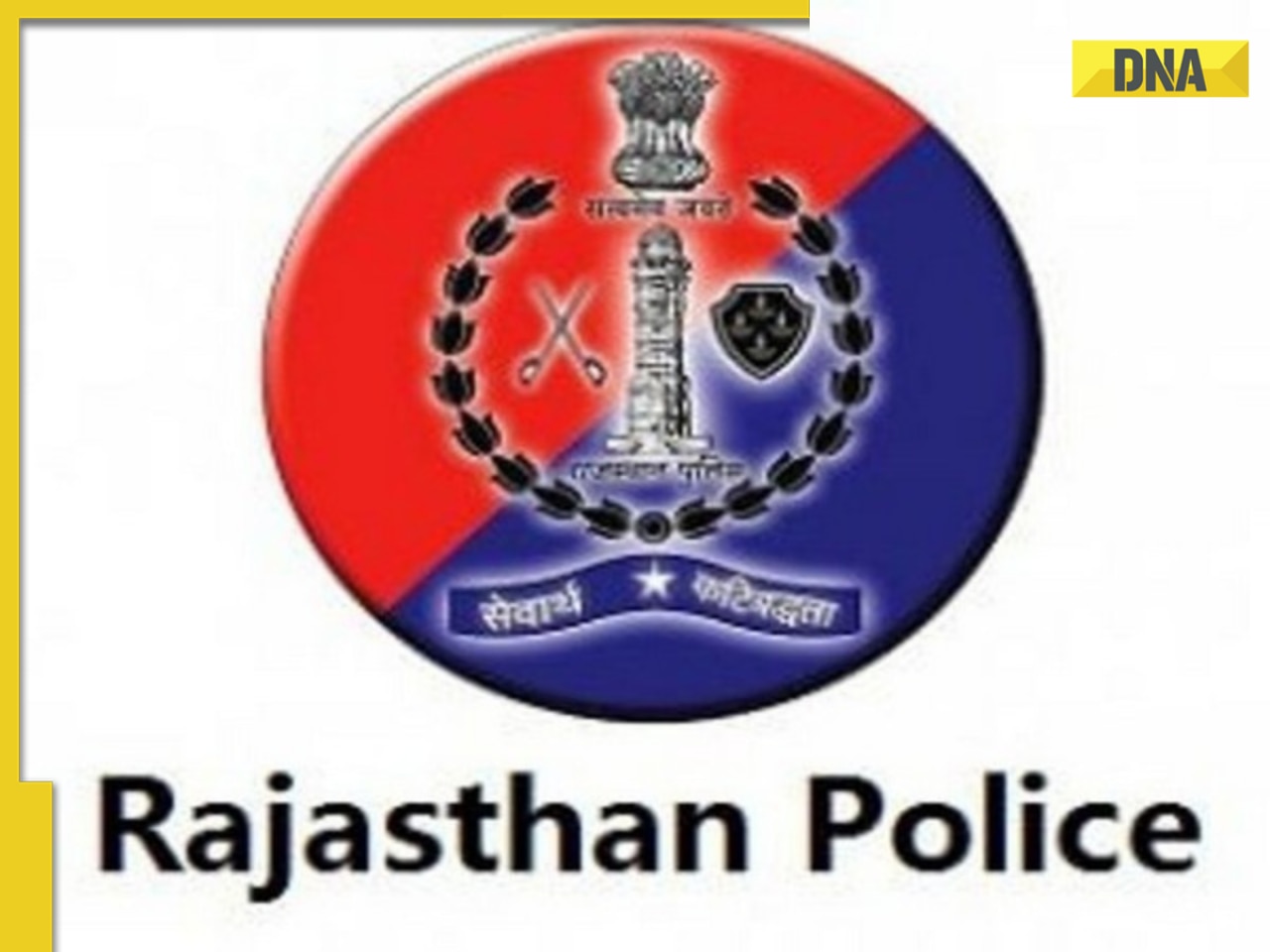











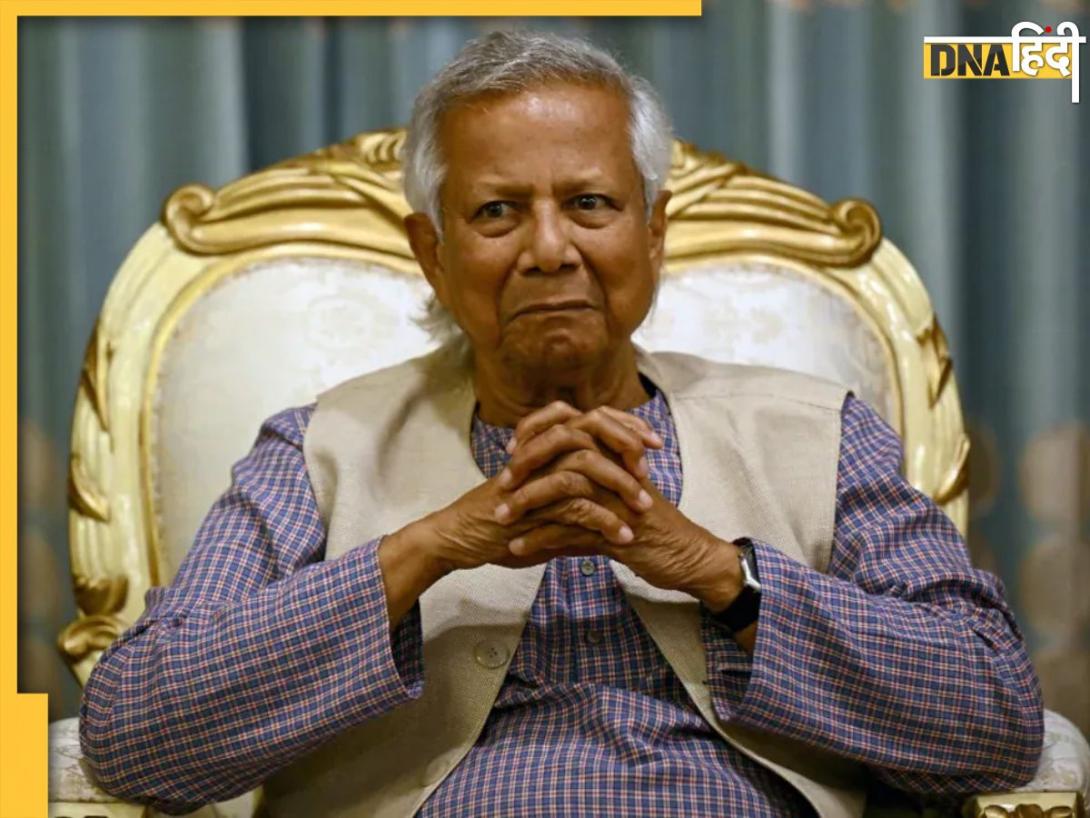

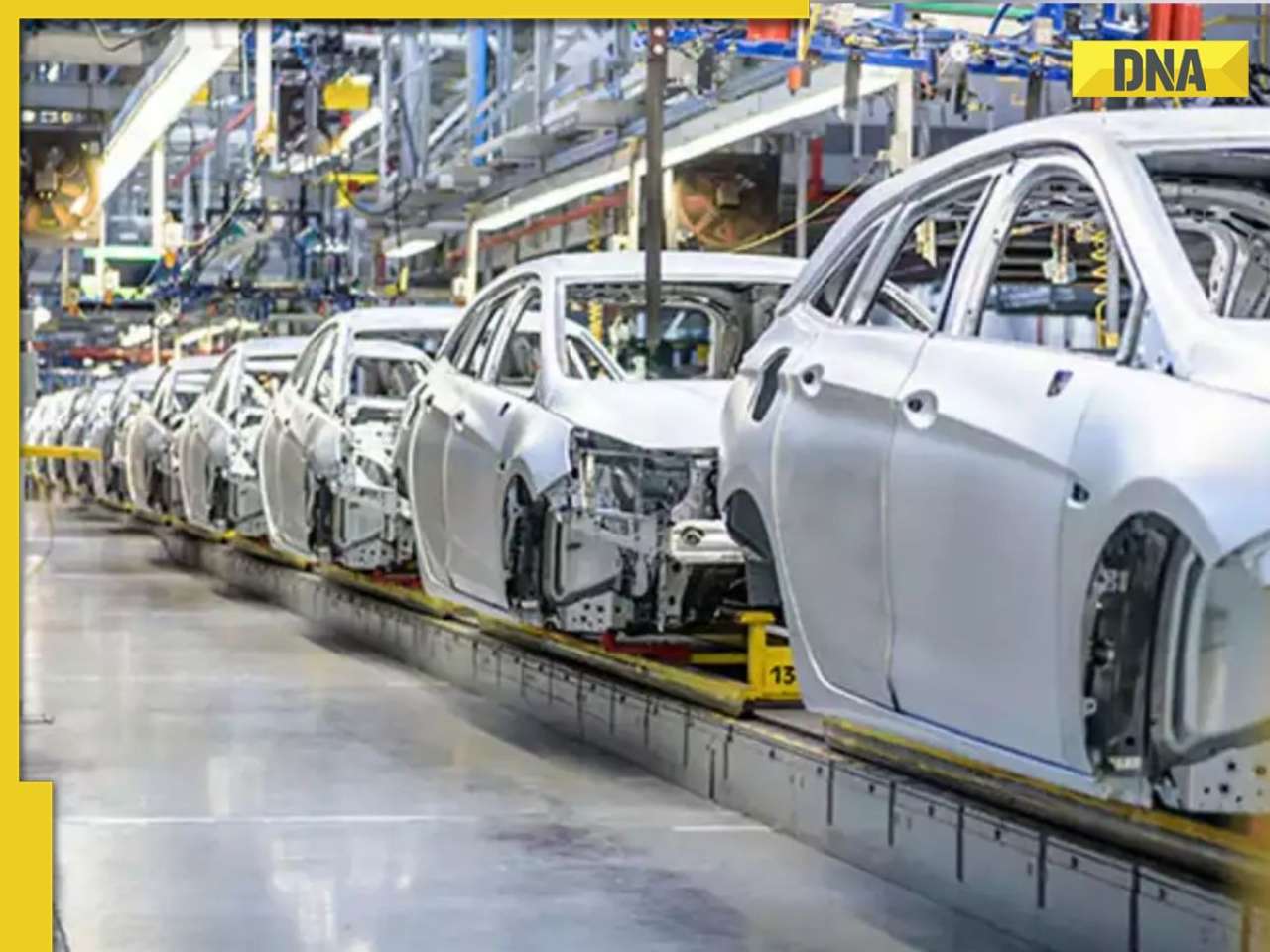




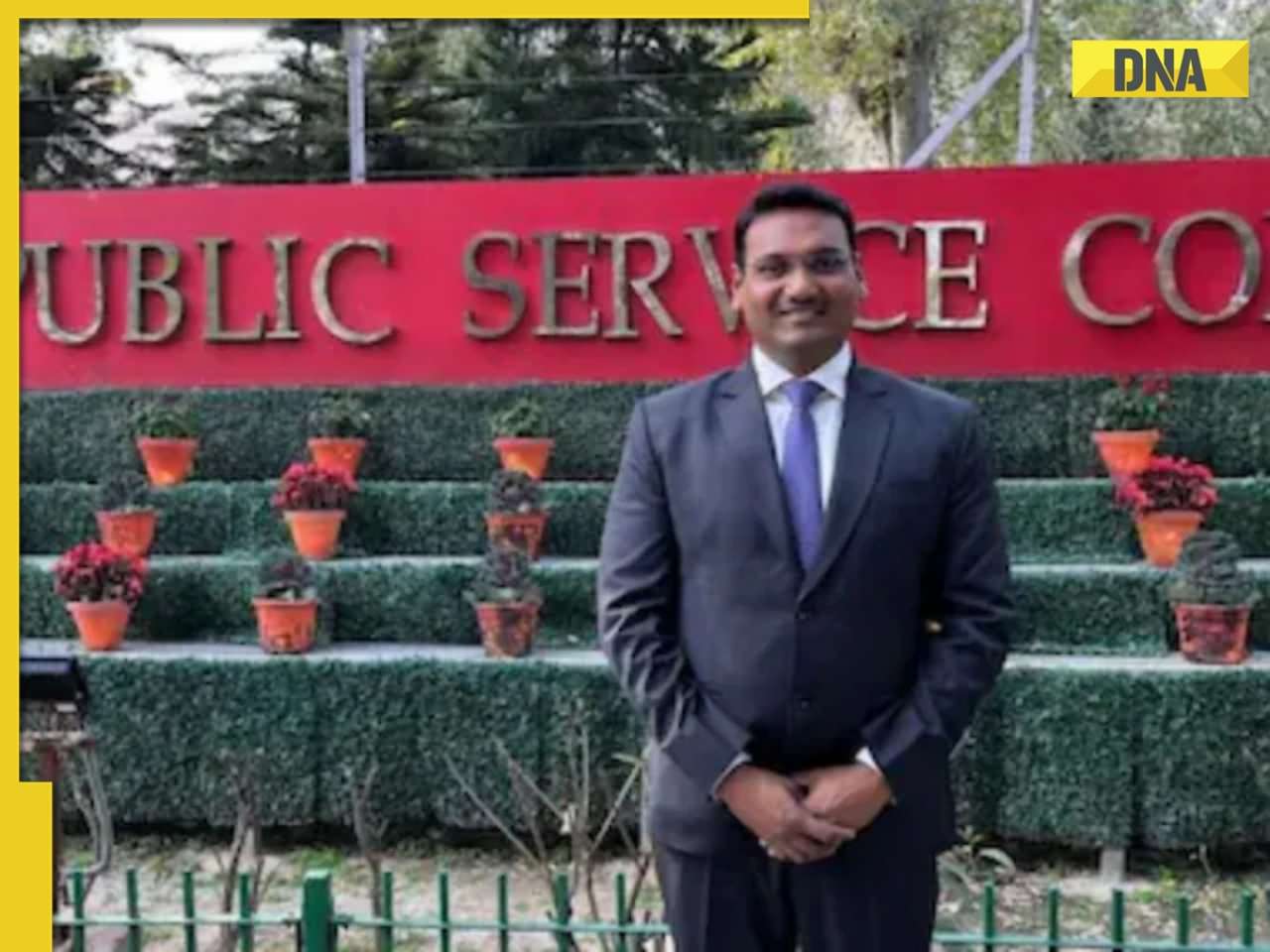




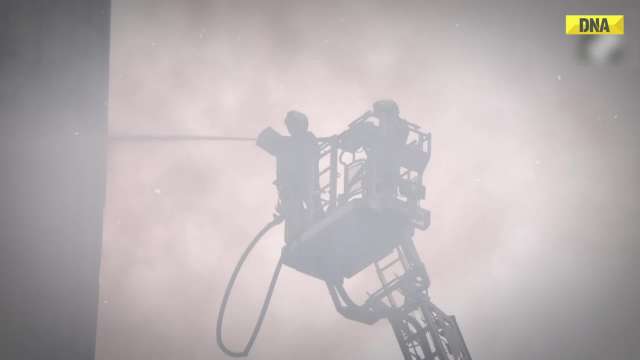
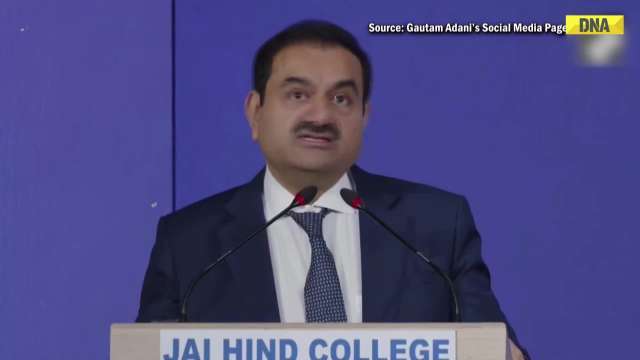
















)
)
)
)
)
)
)
)
)
)
)
)
)
)





)
)
)
)
)
)